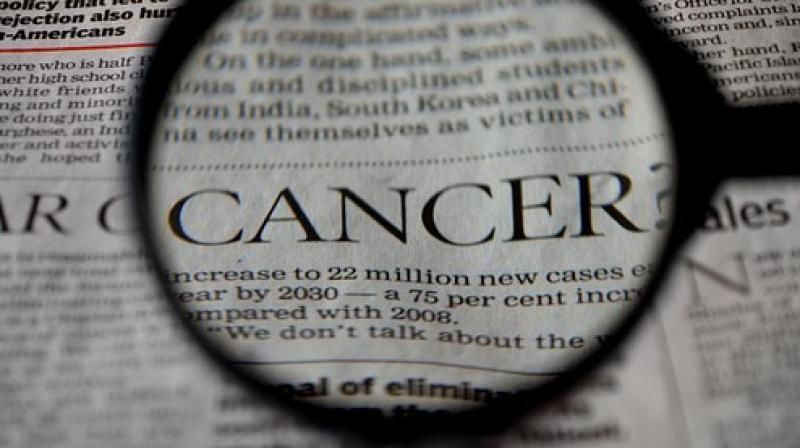Physicians naturally worry about the patients they see who they know are sick, working to help them heal.
But, in the COVID-19 era, physicians are equally worried about the patients they aren’t seeing, and more specifically the patients putting off recommended cancer screenings as a result of the pandemic, which could delay diagnosis and postpone potentially lifesaving treatments.
Ned Sharpless, director of the National Cancer Institute, said that because people are postponing cancer screening measures like mammograms and colonoscopies, not only are fewer cancers getting diagnosed, but patient enrollments in clinical trials are also plummeting nationwide.
One National Cancer Institute model predicts that more than 10,000 additional cancer related deaths in the U.S. can be expected over the next decade as a result of COVID-19 delays in diagnosing cancers and treating tumors.
“Clearly, postponing procedures and deferring care as a result of the pandemic was prudent at one time, but the spread, duration, and future peaks of COVID-19 remain unclear,” Sharpless wrote in an editorial published this summer in Science. “However, ignoring life-threatening non-COVID-19 conditions such as cancer for too long may turn one public health crisis into many others. Let’s avoid that outcome.”
Locally, Kara Friend, M.D., a breast surgeon with Riverside Surgical Specialists said: “What we’re worried about right now is that a lot of people have been skipping their breast cancer screenings due to COVID.”
Approximately one in eight women will be diagnosed with breast cancer in their lifetime, Friend said, and since routine mammography became standard in the 1990s “we’ve been able to decrease the number of people who have died from breast cancer by 30% simply because we can
catch it early.”
Even so, today “some data suggests that there is a 51% decrease in the number of people undergoing screening mammography during COVID because they are concerned they may catch the disease,” Friend said.
The National Cancer Institute estimates that figure even higher, reporting a decrease of nearly 75% in mammograms since March 2020, when the pandemic started and stay at home orders went into effect. Other organizations, like Epic, an electronic health records company, suggests that statistic could be as high as 95%.
“Undergoing screening mammography is very safe,” Friend explained, highlighting mammographers and technicians who are “doing everything possible to ensure that there is no transmission during a mammography. You will be wearing a mask and the technician will be wearing a mask, and we are sterilizing everything in-between patients.”
No one ever wants to get a cancer diagnosis, but “it is always better to catch cancer earlier,” Friend said. “When we catch it early, the likelihood that you will require invasive surgery and chemotherapy treatment is reduced.”
That same is true for colon cancer, said Michael Ney, M.D., of Riverside Gastroenterology Specialists.
“Colon cancer is the second most common cause of cancer death worldwide, and comes in as the second most common cancer in women and the third most common in men,” Ney said. “Screening mechanisms for colon cancer – particularly colonoscopies – are extremely important because when colon cancer is diagnosed before it becomes a cancer, when it is a polyp, it has a 100% cure rate.”
Similarly, said Oladunni Enilari, M.D., of Riverside Pulmonary & Sleep Specialists, low dose CT screenings “help identify lung cancers in their early stage, when patients can potentially be cured.”
The importance of screenings, whether for breast, colon, lung or prostate cancers, can’t be understated, said Timothy Powell, M.D., of Riverside Urology Specialists.
And that’s why, Enilari said, multiple systems in place to ensure patients feel comfortable coming in for their screenings.
“Before coming in for a screening, you have the option to wait in your car until being called in for a test or screening, or to wait in the waiting room, socially distant from others,” Enilari said. “Patients
will also undergo a screening questionnaire before coming in, have their temperature checked upon arrival and offered a mask if they don’t have one.”



